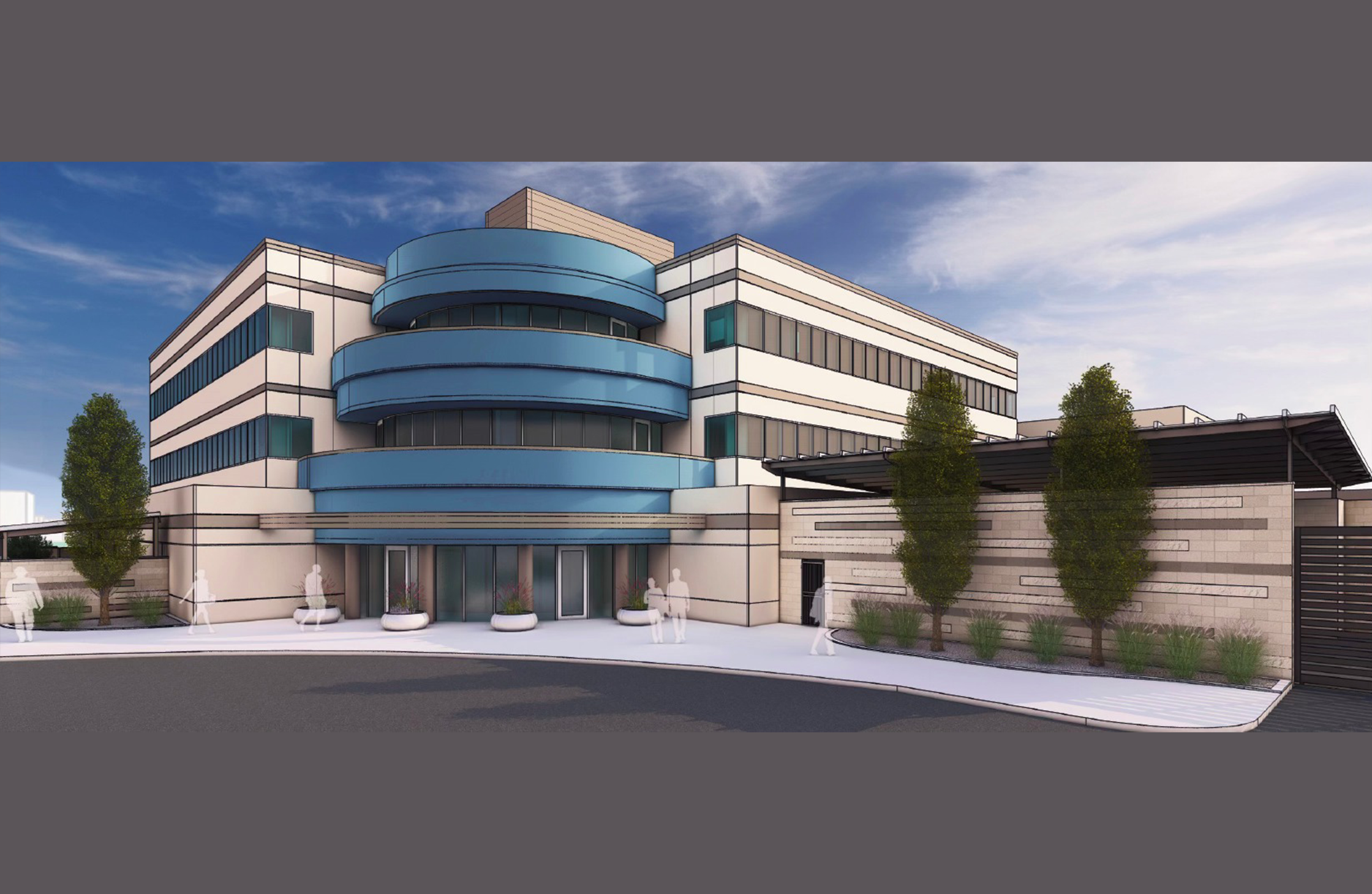Facebook: Benton-Franklin Recovery Coalition
With behavioral health needs at an all-time high, Leadership Tri-Cities Class 28 is taking action to support lasting solutions.
For nearly three decades, Leadership Tri-Cities (LTC) has quietly but powerfully shaped the community, equipping emerging leaders with the knowledge, connections, and hands-on experience needed to drive change. Every year, a new LTC class takes on a community project (past Class Projects can be seen at leadershiptricities.com/pages/class-projects).
LTC’s 28th class (Class XXVIII) has taken on an ambitious project to support the Columbia Valley Center for Recovery (CVCR), the Tri-Cities’ first inpatient substance use treatment facility. The lack of such a center has long forced those in crisis to seek care out of town — or even out of state — placing additional barriers in the way of those most in need. With local behavioral health services already stretched thin, CVCR represents a major step forward in addressing one of the region’s most pressing public health crises.
Rather than simply raising awareness, LTC Class XXVIII is getting to work — literally. They’re painting a new outbuildng at CVCR and landscaping a large portion of the center. “Our goal is to create a welcoming, healing environment,” said Jonathan Dickey, a member of the current LTC class. “By landscaping 21,000 square feet of the property with decorative rock and painting an outbuilding that was not included in the current renovation phase, we are helping CVCR present a professional, clean, and inviting space for those seeking treatment.”
The landscaping work will enhance the property’s curb appeal, providing a sense of dignity and respect for clients entering recovery. The painted outbuilding will also ensure a cohesive, revitalized aesthetic for the facility. These efforts may seem small, but they are foundational in making the space feel welcoming and dignified for those beginning their recovery journey.
“The Columbia Valley Center for Recovery fills a gap that has existed for far too long,” says Sonee Kulaga Wilson, another member of LTC Class XXVIII. “Our class wanted to contribute in a way that is both tangible and lasting. This project is about more than beautification — it’s about making people feel seen, valued, and supported in their healing.”
“I really wanted to support a non-profit project that would have a genuinely positive community impact, and a project we could roll our sleeves up for — both figuratively and literally — to ensure the success of our nonprofit partner,” says Winnie Alberg of Johnson & Johnson Law Firm. “For me, the Columbia Valley Center for Recovery is a project that checks all of those boxes, and I am passionate about my support for this community need. And, if we take a step back to view the overarching impact of the Columbia Valley Center for Recovery, we are truly helping families, children, and our community at large with an issue that plagues so many and does not discriminate.”
This project is community-driven in every sense of the word. It’s about more than just showing up — it’s about lifting up. It’s about recognizing that when one of us struggles, all of us feel the impact. It’s about ensuring that those who have faced hardship and fought battles unseen have a place where they can heal with dignity.
“I strongly support and advocate for the Leadership Tri-Cities Class XXVIII community project that supports the Columbia Valley Center for Recovery,” says Shelby Simmelink, another Class XXVIII member. “This initiative resonates with me on a deeply personal level. I have lost a family member to addiction and have witnessed firsthand the pain and struggle it causes. The chance to have a local facility dedicated to helping those in our community is invaluable, and I truly believe it will make a meaningful difference. Moreover, being involved in enhancing the center’s appearance to create a calm and welcoming environment fills me with immense pride and gratitude.”
“I’ve seen the impact of substance abuse on veterans and families, and it has been heartbreaking that our community has not had a treatment center,” says another member, Lee Williams. “CVCR changes that, and I’m proud that our class can play a small part in making it happen.”
At the end of the day, this isn’t just about a building. It’s about community. It’s about showing up for our neighbors, even when it’s tough. It’s about standing together to make sure no one feels alone in their struggle.
LTC’s project highlights the power of collective action, demonstrating that change happens when people come together with a shared vision. For those looking to support this initiative, donations can be made at givebutter.com/LTCCVCR
To learn more about Leadership Tri-Cities and how it continues to develop leaders committed to making a difference, visit leadershiptricities.com.

